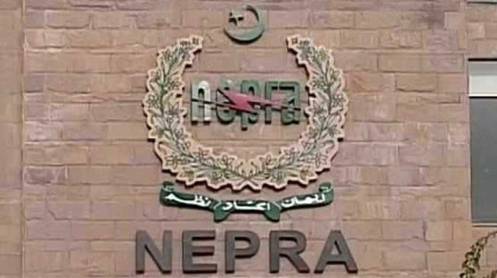ISLAMABAD: Struggling to recover over Rs1.3 trillion in outstanding dues from chronic private defaulters, the government has proposed an immediate additional cost of Rs1.45 per unit to be charged to paying power consumers for three months, aiming to raise an additional Rs52 billion.
At a public hearing led by National Electric Power Regulatory Authority (Nepra) Chairman Waseem Mukhtar, the Power Division requested this additional cost under the quarterly tariff adjustment (QTA) for the third quarter of the fiscal year 2023-24 (January-March). This would apply nationwide, including K-Electric, ahead of the annual tariff rebasing effective from July 1.
The government has already filed petitions for a substantial 25% increase in the base national electricity tariff starting July 1, 2025, to generate about Rs1.2 billion additional revenue next year, ensuring a total revenue requirement of approximately Rs4 trillion for FY2024-25.
Led by Joint Secretary Mehfooz Bhatti, the Power Division team, along with representatives of the Central Power Purchasing Agency (CPPA) and other entities, argued that the current Rs2.75 per unit QTA, which ends in June, should be replaced by the Rs1.45 per unit QTA from July 1.
Mr. Bhatti highlighted that the current efforts to recover the Rs1.3 trillion from defaulters had yielded Rs104 billion as of May 9, 2024, including Rs10.9 billion recovered from theft. He also noted the challenge posed by consumers in Hyderabad and Sukkur shifting to solar energy instead of paying their dues. Nepra member from Sindh, Rafique A. Shaikh, ordered an independent survey to verify these claims, noting that it seemed unlikely that people could manage without power in extreme heat conditions, as solar energy only provides power during the day.
Reports indicated that about 1,000MW of grid power had shifted to solar by December last year, which had now nearly doubled to 2,000MW.
Distribution companies (Discos) have requested to raise about Rs51.88 billion from consumers over the next three months under QTA for the January to March period. These funds are needed to cover the additional financial impacts of capacity charges due to currency devaluation and interest rates, among other costs.
The Peshawar Disco has the highest claim at Rs14.72 billion, followed by Faisalabad Electric at Rs9.3 billion, Islamabad Electric at Rs8.17 billion, and Hyderabad Electric at Rs5.4 billion. Other claims include Rs5.39 billion from Quetta Electric, Rs3.62 billion from Lahore Electric, Rs3.6 billion from Multan Electric, and Rs2.8 billion from Sukkur Electric. Gujranwala and Tribal Electric companies have proposed reductions of Rs900 million and Rs560 million, respectively.
Upon approval, the adjustment will be uniformly recovered from all consumers except lifeline users. Under the tariff mechanism, fuel cost changes are passed on to consumers monthly through an automatic mechanism, while quarterly adjustments for power purchase price variations, capacity charges, and other costs are incorporated into the base tariff by the federal government.
Story by Khaleeq Kiani







